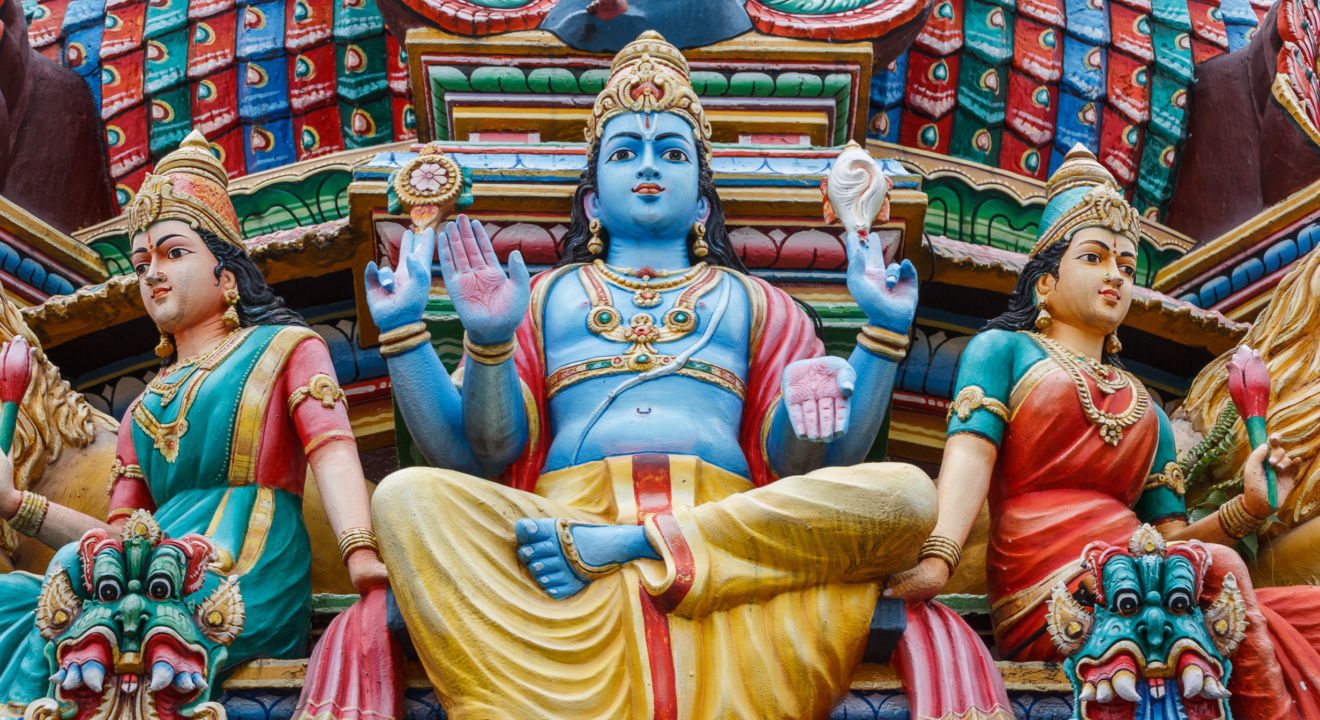The Bahá’í Faith, a relatively modern world religion, explores a multiplicity of spiritual truths offered by various faiths, including Hinduism. As one of the oldest religions in the world, Hinduism has spawned a diverse range of beliefs and practices, shaping cultural contours across South Asia and beyond. This intricate tapestry of spirituality presents a compelling subject for examination, particularly in the context of its intersection with Bahá’í teachings. The idea of modern belief structures in Hinduism serves as a crucial focal point, revealing both the innovations of contemporary thought and the enduring legacies of ancient wisdom. To delve into this topic, it is essential to map the historical trajectories, core philosophies, and interrelations that undergird this fascinating dialogue.
Historical Trajectories: A Brief Overview
Tracing the origins of Hinduism invites one to engage with an expansive temporal canvas. Rooted in the ancient Vedic texts which likely date back to around 1500 BCE, Hinduism has often been characterized by its pluralistic nature. This is important for understanding how contemporary currents of thought emerged, particularly during periods of intense socio-political upheaval. For instance, the advent of colonialism in India during the 18th and 19th centuries catalyzed a reevaluation of Hindu beliefs. Reform movements, such as those led by figures like Swami Vivekananda and the Arya Samaj, propelled traditional practices into modern discourse, paralleling the transformative developments within the Bahá’í Faith during the same period.
The Essence of Hindu Beliefs: A Synthesis of Diversity
The core tenets of Hindu thought—dharma (righteous duty), karma (action and its consequences), and moksha (liberation)—provide a foundational framework that shapes individual understanding and societal moral ethics. Unlike many monotheistic religions, Hinduism is characterized by a kaleidoscope of deities, practices, and philosophies. This pluralism offers a fertile ground for comparative analysis, notably with the Bahá’í Faith, which also advocates for the unity of world religions and the essential oneness of humanity.
The Bahá’í teachings resonate particularly with the Hindu concept of Brahman—the ultimate reality—in their assertion that there is a single, transcendent God who is the source of all creation. Just as Hinduism espouses a multitude of expressions of the divine, the Bahá’í Faith posits that various religious figures throughout history serve as manifestations of God, each embodying a part of the truth suited to their time and culture.
Philosophical Underpinnings: Common Grounds
A salient philosophical commonality between Bahá’í and Hindu doctrines arises in their understanding of the cyclical nature of existence. Hinduism’s concept of time as cyclical, represented by the cycle of birth, life, death, and rebirth, echoes in Bahá’í tenets concerning spiritual evolution. The Bahá’í teaching that humanity is in a progressive state of development aligns with the Hindu belief in evolving consciousness. Both paradigms illuminate the notion that life is an opportunity for growth, learning, and ultimately, the realization of a higher state of existence.
This shared understanding extends to the significance of spirituality in daily life. In Hinduism, the pursuit of spiritual wisdom is paramount not just for personal salvation, but also for contributing to societal harmony. Similarly, the Bahá’í Faith emphasizes the importance of life as a means to serve and uplift humanity. This intrinsic link between individual transformation and collective welfare fosters a fertile ground for joint dialogue and mutual reinforcement.
Interpersonal Dynamics: Dialogue and Mutual Recognition
The convergence of Bahá’í and Hindu philosophies invites an engaging dialogue that touches upon existential queries regarding the purpose of life and the ultimate destiny of humanity. Acknowledging the inherent value of each faith fosters an environment marked by respect and openness, dismantling barriers of misunderstanding often erected by dogmatic perspectives. The Bahá’í teachings advocate for the recognition of diverse truths within the framework of shared humanity, presenting an inspiring counter-narrative to divisive sectarianism.
Furthermore, the practices of spirituality in both traditions reflect this dynamic interaction. Hindu rituals and meditative practices resonate with the Bahá’í emphasis on prayer and reflection. Both practices encourage adherence to moral precepts while facilitating a profound connection with the divine. Through such shared experiences, congregations can bridge cultural divides, fostering communal harmony and mutual appreciation.
Conclusion: The Future of Belief
As global conversations increasingly gravitate towards interfaith dialogue and cooperative action, the intersection between Bahá’í teachings and Hinduism emerges as a captivating paradigm. The modern exploration of Hindu philosophies within the Bahá’í context invites individuals to reconsider their spiritual paths, nurturing a synthesis that embraces complexity while celebrating unity. The striking evidence of persistence and adaptability in both beliefs hints at a broader, ongoing metamorphosis—one that offers both insight and inspiration for the future. In this multifaceted milieu, the foundations of modern belief will likely continue to evolve, challenging and enriching the spiritual experiences of generations to come.
